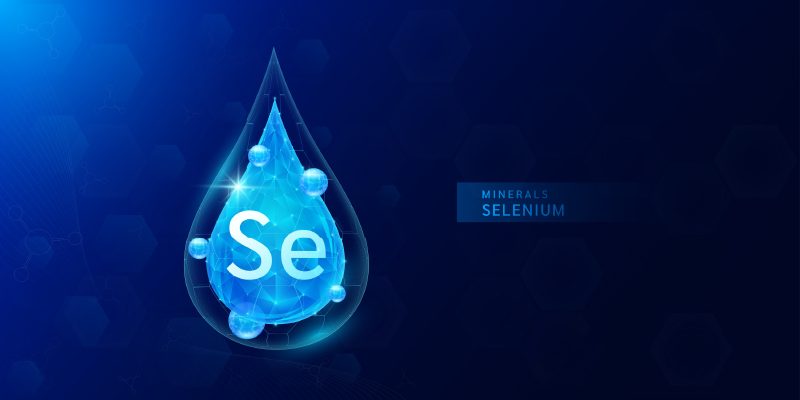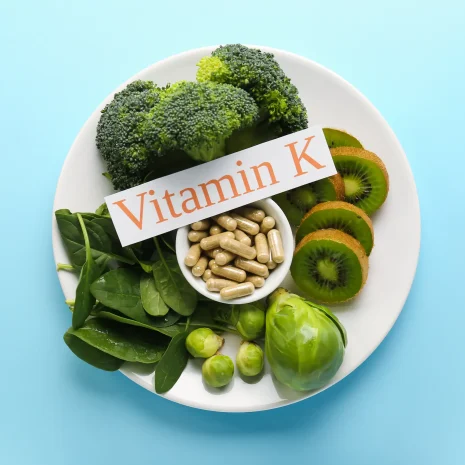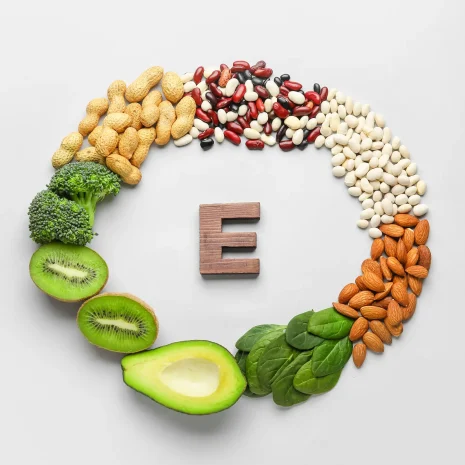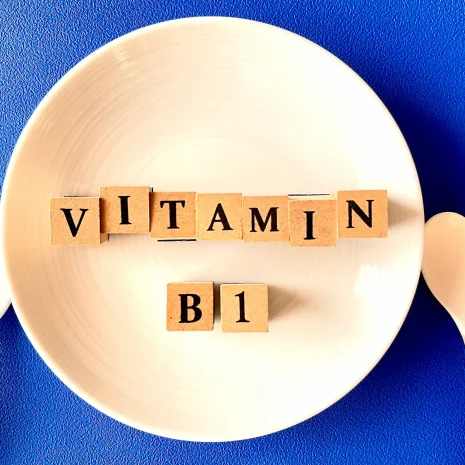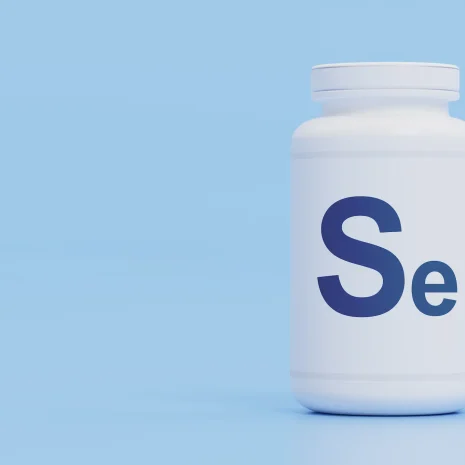What is Selenium?
Selenium is a trace mineral that is essential for human health. Denoted by the symbol “Se” on the periodic table, this mineral occurs in small amounts within the body but is crucial for various biological processes. Discovered in 1817, selenium is found naturally in soil, water and certain plants. Adequate selenium intake is vital for optimal bodily function, supporting everything from antioxidant defence to thyroid hormone production.
What does selenium do for the body?
Selenium is particularly renowned for its role in antioxidant defence mechanisms. Antioxidants help protect cells from damage caused by oxidative stress, which can contribute to aging and various chronic diseases. By neutralising the free radicals that cause oxidative stress, selenium can enhance overall cellular health.
Additionally, selenium plays a pivotal role in supporting the immune system, which is the body’s frontline defense against infections. Adequate selenium intake may bolster immune responses, thus improving resistance to illnesses.
Furthermore, selenium is critical for the production of thyroid hormones. The thyroid gland regulates metabolic rate, energy production and overall hormonal balance. Selenium aids the enzymes necessary for thyroid hormone synthesis, ensuring that metabolic processes operate smoothly.
What are the signs of selenium deficiency?
Deficiency in selenium typically arises due to inadequate dietary intake or absorption challenges, which can inhibit the body from meeting its selenium needs. Symptoms of selenium deficiency can include:
- Growth Deficiencies: Stunted growth, particularly in children, may be observed due to insufficient selenium.
- Respiratory Infections: An increased susceptibility to infections may occur.
- Diarrhoea: Digestive issues can arise due to a lack of this essential mineral.
- Skin Diseases: Dermatitis and other skin conditions may manifest.
To prevent these complications, ensuring adequate selenium intake through diet or supplementation is essential. If you suspect a deficiency, consult with a healthcare provider for appropriate testing and guidance.
Which foods contain selenium?
Selenium can be sourced from both animal and plant foods, and a balanced intake is crucial for maintaining good health. Here are some foods that are particularly high in selenium:
Animal Sources:
- Seafood: Tuna, salmon, sardines and shrimp are among the richest sources of selenium.
- Meat and Eggs: Red meat, poultry and eggs are good sources. Organ meats, especially liver, are particularly high in selenium.
- Dairy Products: Foods such as milk, cheese and yogurt contain selenium, although the content can vary based on the selenium levels in the soil where the animals are raised.
Plant Sources:
- Whole Grains: Foods like whole wheat bread, brown rice and oats can contribute to selenium intake, depending largely on soil quality.
- Nuts: Brazil nuts are exceptionally high in selenium; just a small handful can provide a significant portion of your daily requirement.
- Legumes: Lentils and beans also contain selenium alongside additional essential nutrients.
Storage and Absorption of Selenium
Selenium can be stored in the body, primarily in the liver, kidneys and muscles. However, the storage capacity is limited and lasts only for a short duration. Because of this limited storage capability, it is essential to maintain a regular intake of selenium to prevent deficiency. A balanced diet rich in selenium is advisable, and selenium supplements should only be used under medical guidance when necessary.
Prioritising Selenium for Optimal Health
In summary, selenium is a crucial trace mineral that supports many aspects of health, including antioxidant protection, immune function and thyroid hormone production. By incorporating selenium-rich foods into your diet, you can help ensure that you meet your nutritional needs.
If you suspect that you are not getting enough selenium, consulting with a healthcare professional for tailored advice and potential supplementation may be beneficial.
While multivitamins can offer valuable support for overall health, it is essential to recognize that a balanced diet should remain the cornerstone of nutritional well-being. Multivitamins are intended to be a complementary measure and should not be considered a substitute for a diverse and nutritious food intake.
Note: It is strongly advised that individuals consult a healthcare professional prior to initiating any supplement, particularly if they have existing health conditions, are taking prescribed medications, or are pregnant.
